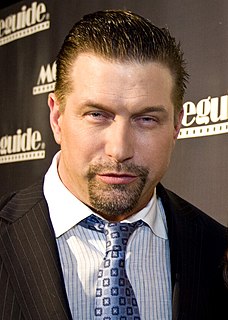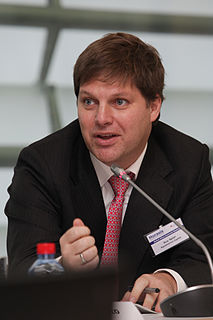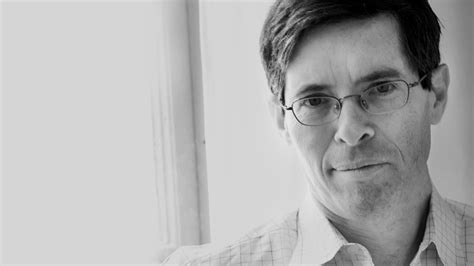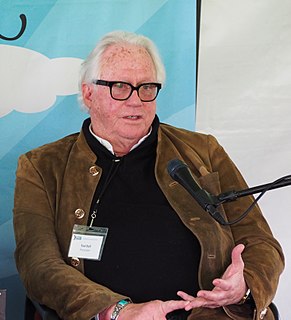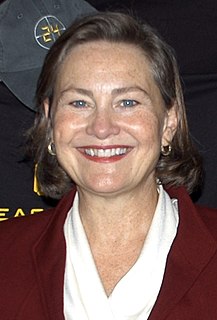A Quote by Charlie Munger
We both (Charlie Munger and Warren Buffett) insist on a lot of time being available almost every day to just sit and think. That is very uncommon in American business. We read and think.
Related Quotes
For almost every novel I've written, I've read the daily newspaper of the time almost as if it were my current subscription. For 'Two Moons,' which was set in 1877, I think I read just about every day of the 'Washington Evening Star' for that year. For 'Henry and Clara,' I read the 'Albany Evening Journal' of the time.
Buffett's uncommon urge to chronicle made him a unique character in American life, not only a great capitalist but the Great Explainer of American capitalism. He taught a generation how to think about business, and he showed that securities were not just tokens like the Monopoly flatiron, and that investing need not be a game of chance. It was also a logical, commonsensical enterprise, like the tangible businesses beneath. He stripped Wall Street of its mystery and rejoined it to Main Street -- a mythical or disappearing place, perhaps, but one that is comprehensible to the ordinary American.
What we really have to do is take a day and sit down and think. The world is not going to end or fall apart. Jobs won't be lost. Kids will not run crazy in one day. Lovers won't stop speaking to you. Husbands and wives are not going to disappear. Just take that one day and think. Don't read. Don't write. No television, no radio, no distractions. Sit down and think. . . . Go sit in a church, or in the park, or take a long walk and think. Call it a healing day.
Success, instead of giving freedom of choice, becomes a way of life. There's no country I've been to where people, when you come into a room and sit down with them, so often ask you, "What do you do?" And, being American, many's the time I've almost asked that question, then realized it's good for my soul not to know. For a while! Just to let the evening wear on and see what I think of this person without knowing what he does and how successful he is, or what a failure. We're ranking everybody every minute of the day.
Every weekend from, like, 1974 to 1978, I'd trudge over to the Greenwich library, which gathered up almost every major newspaper in the country. I would sit there all day long and read and read and read the reviews. I remember being twelve or thirteen and writing to Judith Crist, Pauline Kael, and Roger Ebert.
Trump and I have a lot in common, and that is a belief in the American dream because we both have lived it. I think it's what animates our president-elect more than anything else, is a belief in the boundless potential of every American to live the American dream. And, I think it comes from the fact that we both grew up in it, and both saw it. And in our own ways, we both lived it.



